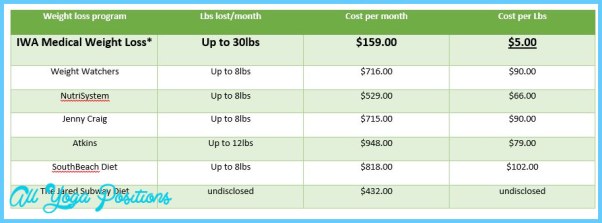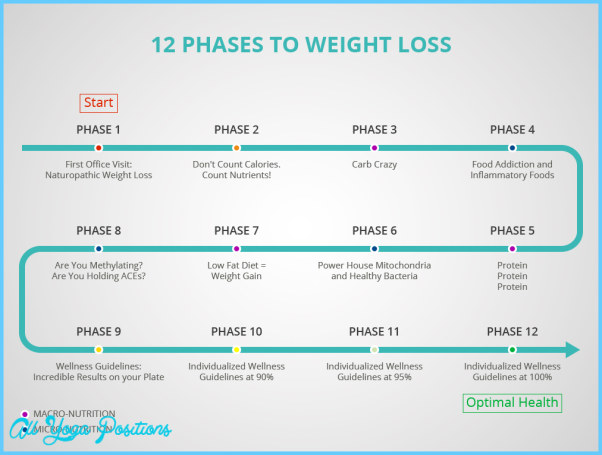Weight-Loss Programs
Weight-loss programs come in a variety of types, including noncommercial support organizations, commercial programs, websites, and clinical programs.
An interesting phenomenon regarding weight-loss interventions among college students has recently been observed: Groups of students who shared certain characteristics did better at losing and managing weight than groups of dissimilar students. The study grouped students according to common psychosocial factors (such as emotional eating), which contribute to weight gain. These clusters of similar students were able to lose more weight and keep more weight off than were groups of students who did not share common dietary or psychosocial characteristics. The findings of this study may help shape group-oriented weight-loss programs in the future, whether such programs are commercial, noncommercial, or clinical.
Noncommercial Weight-Loss Programs Noncommercial programs such as TOPS (Take Off Pounds Sensibly) and Overeaters Anonymous (OA) mainly provide group support. They do not advocate any particular diet, but they do recommend seeking professional advice for creating an individualized diet and exercise plan. Like Alcoholics Anonymous, OA is a 12-step program with a spiritual orientation that promotes abstinence from compulsive overeating. These types of programs are generally free. Your physician or a registered dietitian can also provide information and support for weight loss.
Weight-Loss Programs Photo Gallery
Commercial Weight-Loss Programs Commercial weight-loss programs typically provide group support, nutrition education, physical activity recommendations, and behavior modification advice. Some also make packaged foods available to assist in following dietary advice.
A responsible and safe weight-loss program should have the following features:
• The recommended diet should be safe and balanced, include all the food groups, and meet the Dietary Reference Intakes (DRIs) for all nutrients. Physical activity and exercise should be strongly encouraged.
• The program should promote slow, steady weight loss averaging 1-2 pounds per week. (There may be rapid weight loss initially due to fluid loss.)
• If a participant plans to lose more than 20 pounds, has any health problems, or is taking medication on a regular basis, the program should offer physician evaluation and monitoring. The program’s staff should include qualified counselors and health professionals.
• The program should include plans for weight maintenance after the weight-loss.
• The program should provide information on all fees and costs, including those of supplements and prepackaged foods, as well as data on risks and expected outcomes of participating in the program.
You should also consider whether a program fits your lifestyle and whether you are truly ready to make a commitment to it. A strong commitment and a plan for maintenance are especially important because only 10-15% of program participants maintain their weight loss; the rest gain back all or more than they had lost. One study of participants found that regular exercise was the best predictor of maintaining weight loss, and frequent television viewing was the best predictor of weight gain.
Clinical Weight-Loss Programs Medically supervised clinical programs are usually located in a hospital or other medical setting. Designed to help those who are severely obese, these programs typically involve a closely monitored very-low-calorie diet. The cost of a clinical program is usually high, but insurance often covers part of the fee.




















